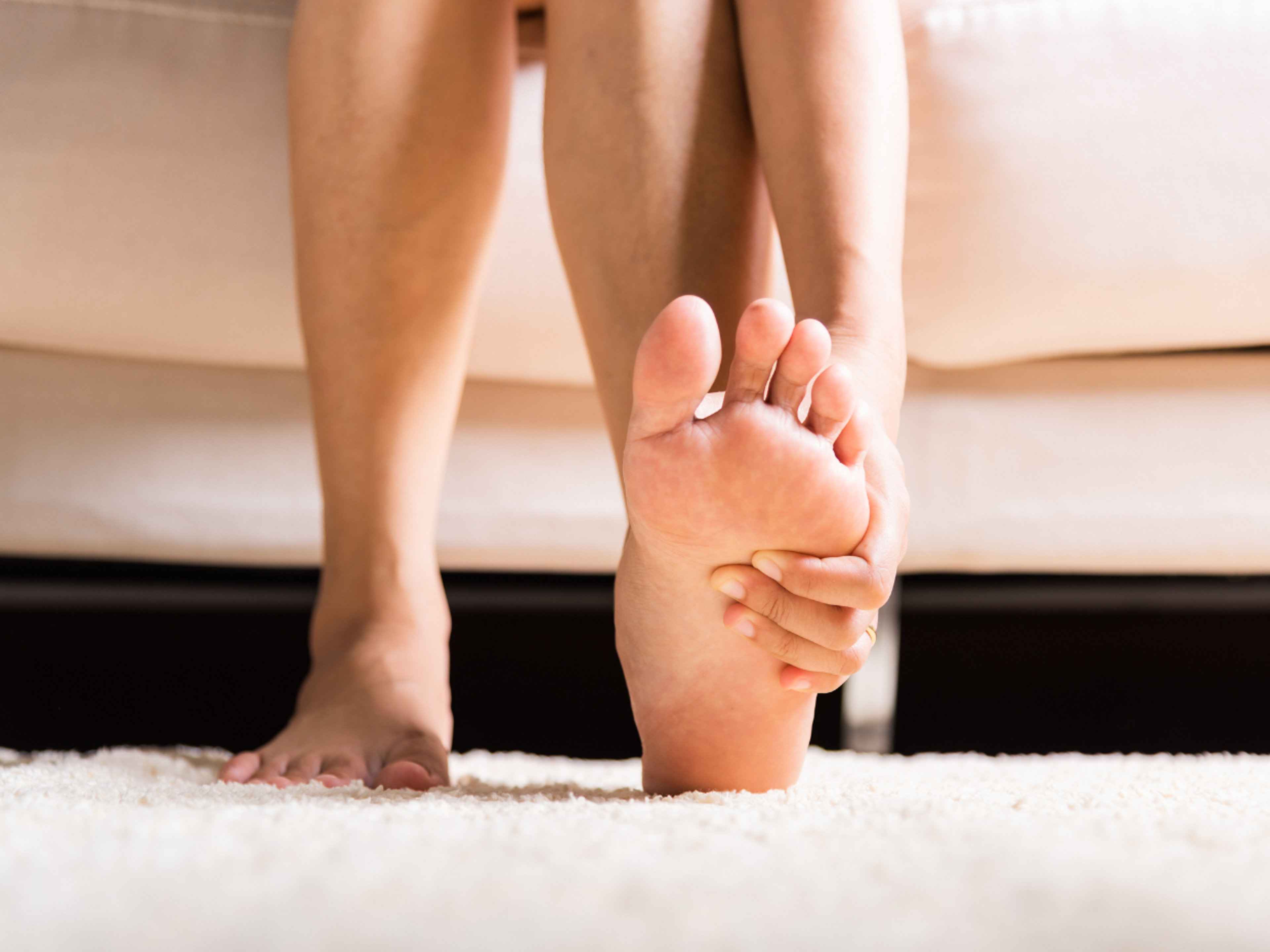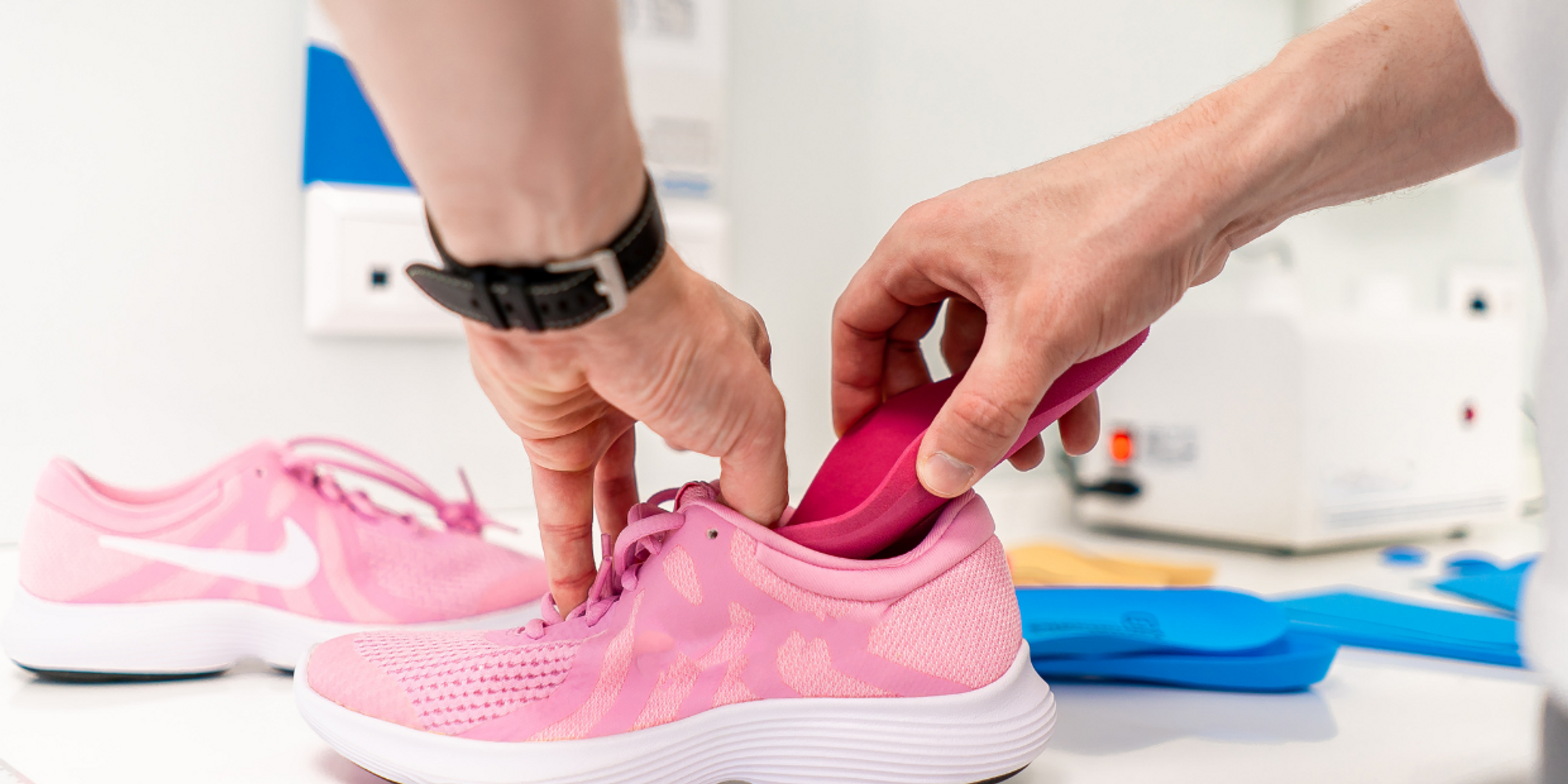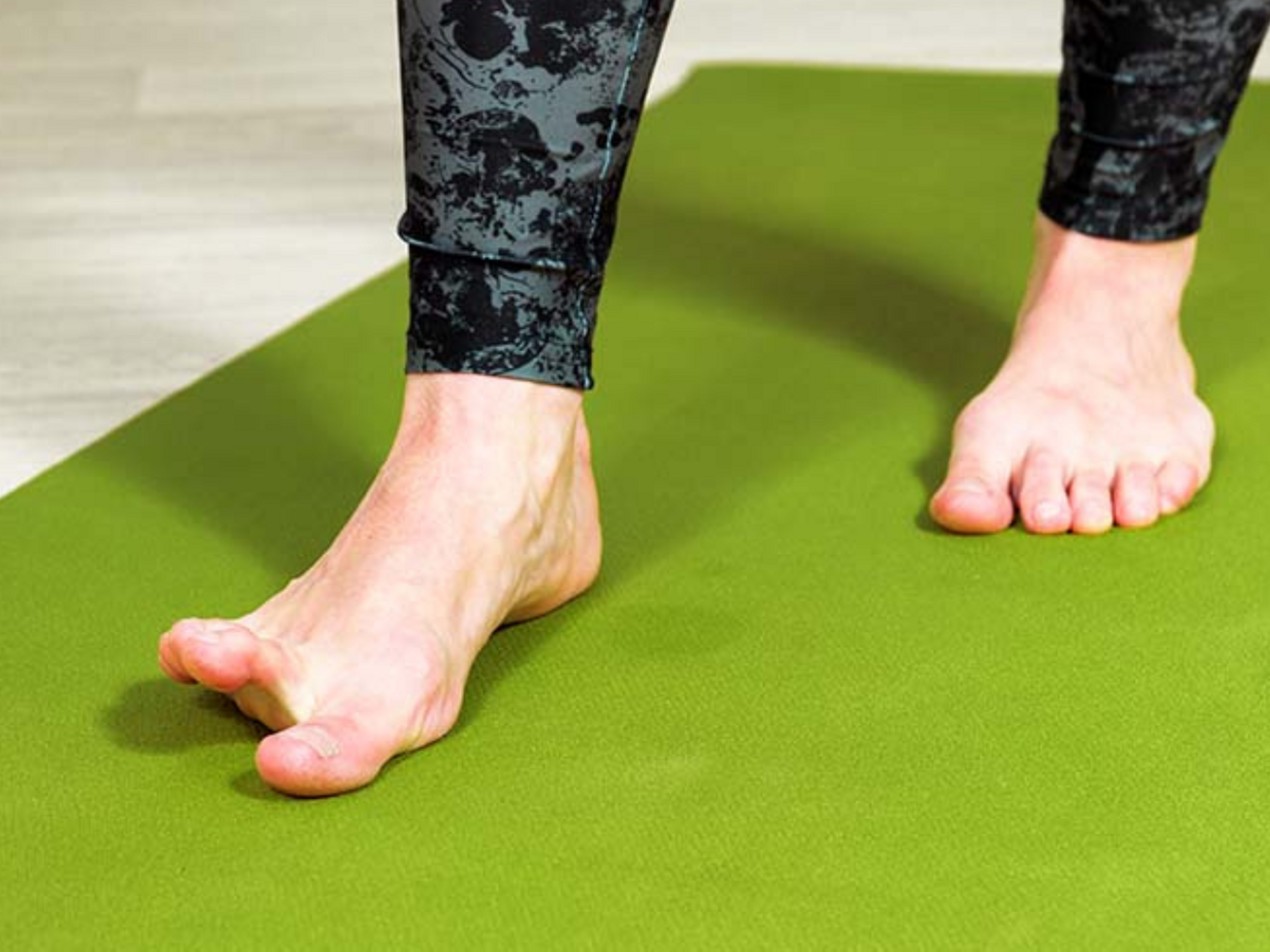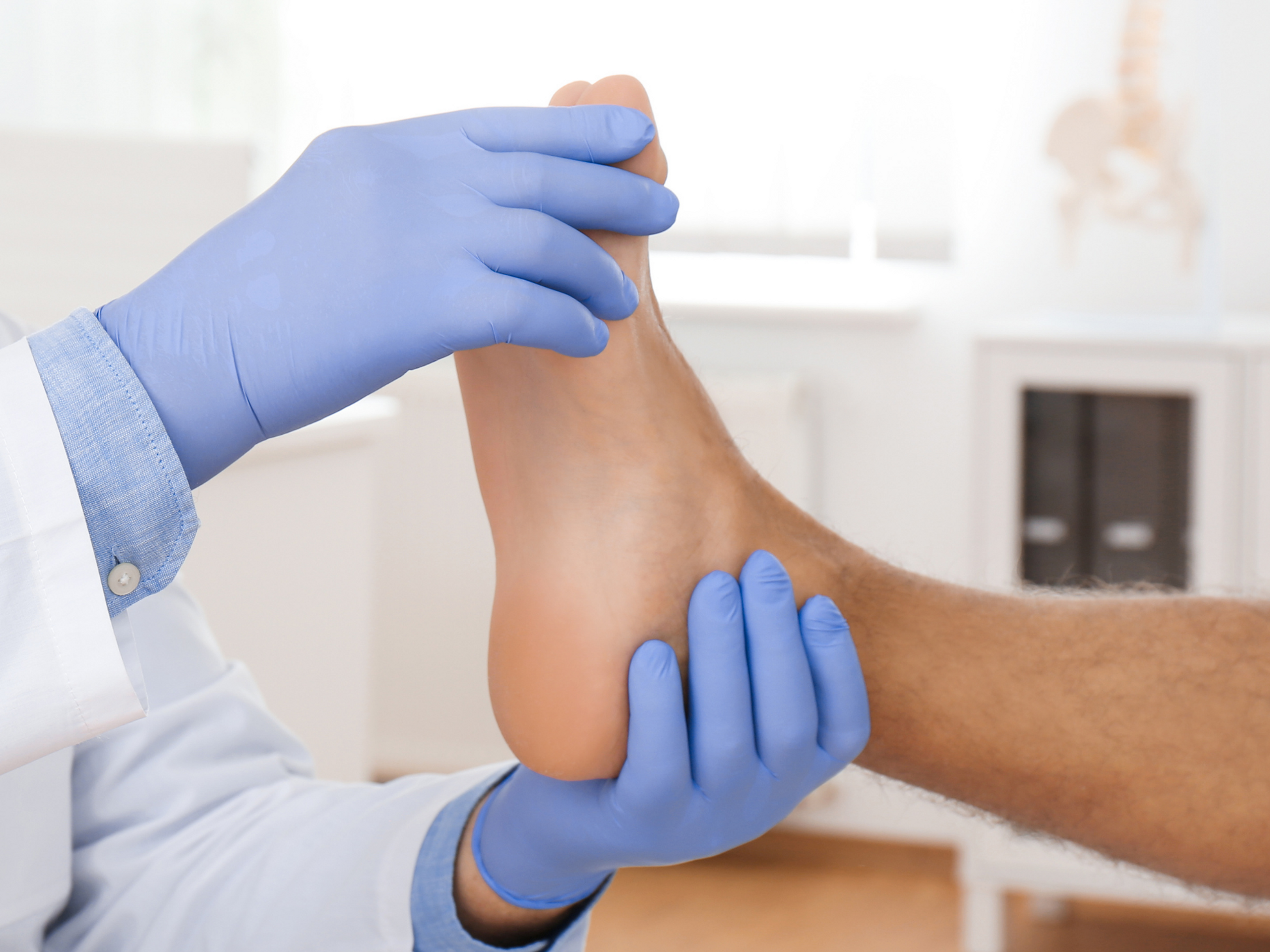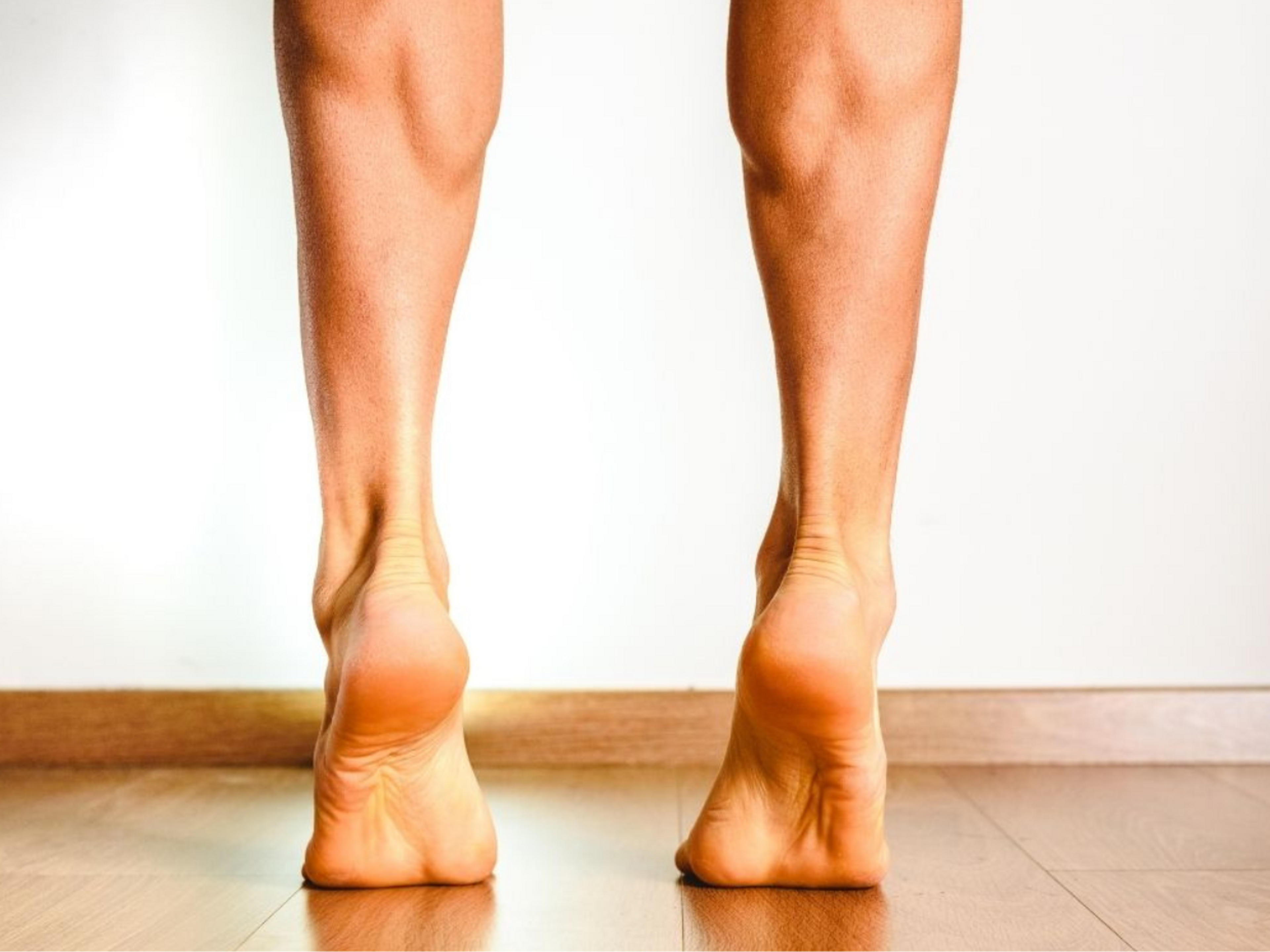What causes plantar fasciitis to flare up, and what to do about it
Where is the plantar fascia?
The plantar fascia is a thick, fibrous band of fascia under your foot. It runs from your heel bone to the ball of your foot.
Plantar fasciitis usually develops where your plantar fascia attaches to the heel bone. We've previously discussed what plantar fasciitis feels like and how to distinguish it from other conditions.
What the plantar fascia does
The main job of the plantar fascia is to support your foot's arch and prevent it from flattening out when you place weight through your leg.
The small muscles inside the foot (intrinsic foot muscles) and the ones that run along your inner ankle (tibialis posterior, tibialis anterior) share this job and are meant to prevent the plantar fascia from being overloaded.
What causes plantar fasciitis to flare up?
Plantar fasciitis is an overload injury that develops when the force that goes through your foot is too high for the plantar fascia to cope with.
This overload can happen gradually over several days or during one event that loads your feet more than they are used to.
Some of the most common things that can increase the force through your feet and aggravate plantar fasciitis include:
- Running, walking, or standing a lot in unsupportive shoes - Wearing supportive shoes and combining them with supportive insoles can help your recovery
- Running, walking, or standing on hard surfaces like concrete - Cushioned shoes or placing soft insoles into your shoes can make a difference
- Carrying a heavy object or gaining weight
- Increasing your running or walking volumes too suddenly
- The muscles in your feet and around your ankles are meant to share the load when you stand and move. If they are weak, the strain on your plantar fascia increases - here are examples of foot exercises and calf raises for plantar fasciitis
- If your foot rolls in too much (overpronates) when you walk or run - Foot exercises can help, but exercises that strengthen the hip muscles often work better
- If the muscles along the back of your legs are excessively tight (glutes, hamstrings, calves) - Stretching the muscles in your legs and your plantar fascia can help
The Exakt Health app makes managing plantar fasciitis and understanding your body's limits much simpler. The app, designed with expert physical therapists, offers personalized exercises and robust monitoring tools that help you determine your plantar fascia's load tolerance and track your recovery progress.
Can plantar fasciitis go away on its own?
Plantar fasciitis can go away on its own and rarely requires invasive treatments like surgery. You can, however, significantly prolong your recovery and worsen your pain if you try to ignore it and train through it.
Also, suppose part of the cause for getting plantar fasciitis in the first place was that you lacked strength or control in specific areas of your body. In that case, you risk flaring your plantar fasciitis back up if you don't correct it.
The good news is that the most effective treatments for plantar fasciitis highlighted in the research can easily be done at home.
Your plantar fasciitis recovery doesn't have to be a guessing game. With the Exakt app, you can access evidence-based rehab programs and expert guidance, all from the comfort of your own home.

